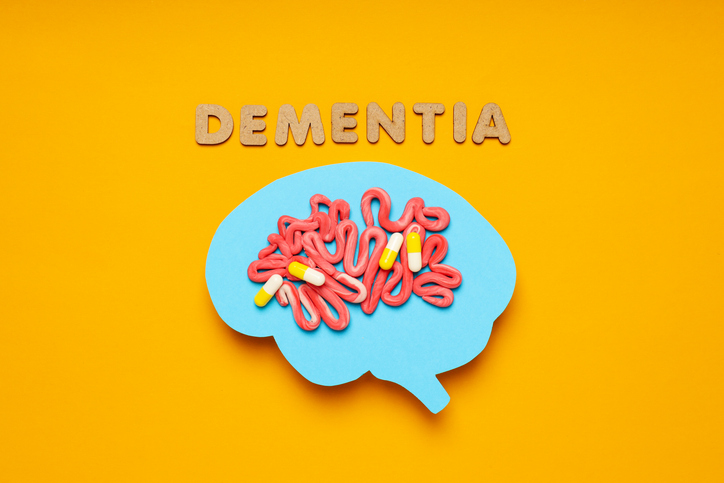
Weekly exercise may slow brain deterioration in people at high risk for Alzheimer’s disease, according to a team of researchers from UT Southwestern who published their findings in the Journal of Alzheimer’s Disease.
To conduct this study, researchers assessed cognitive function and brain volume in 70 participants (aged 55 and older) with sedentary lifestyles and memory issues. The participants were placed in two groups – one group performed aerobic exercise for at least 30 minutes per day four to five times per week, while the second group performed flexibility training.
Aerobic Workouts Slow Atrophy
While both groups exhibited similar cognitive capabilities during the trial’s duration in areas such as problem solving and memory, subsequent brain imaging showed that people who had amyloid buildup – a chief indicator of Alzheimer’s – experienced less brain volume reduction in their hippocampus, the brain region most affected by dementia.
“It’s interesting that the brains of participants with amyloid responded more to the aerobic exercise than the others,” said lead researcher Dr. Rong Zhang in a press release. Dr. Zhang, who conducted the trial at the Institute for Exercise and Environmental Medicine added that: “Although the interventions didn’t stop the hippocampus from getting smaller, even slowing down the rate of atrophy through exercise could be an exciting revelation.”
Although exercise failed to prevent toxic amyloid plaques from spreading, the results suggest that moderate weekly aerobic workouts may at least slow down the effects of Alzheimer’s if an early-stage intervention plan is implemented.
“What are you supposed to do if you have amyloid clumping together in the brain? Right now, doctors can’t prescribe anything,” continued Dr. Zhang. “If these findings can be replicated in a larger trial, then maybe one day doctors will be telling high-risk patients to start an exercise plan. In fact, there’s no harm in doing so now.”
#Exercise could slow withering effects of Alzheimer's @IOSPress_STM https://t.co/YTWyfJL4Sd
— Medical Xpress (@medical_xpress) September 17, 2019
Further Research Underway
Dr. Zhang is currently leading a five-year national clinical trial in the hopes of elucidating the possible link between exercise and dementia. The trial is comprised of more than 600 adults between the ages of 60 and 85 at high risk for developing Alzheimer’s disease. The study will explore whether aerobic exercise in conjunction with blood pressure/cholesterol lowering medications can preserve brain volume and cognitive abilities.
“Understanding the molecular basis for Alzheimer’s disease is important,” Dr. Zhang continued. “But the burning question in my field is, ‘Can we translate our growing knowledge of molecular biology into an effective treatment?’ We need to keep looking for answers.”
Exercise could slow withering effects of Alzheimer's
People who had an accumulation of amyloid-beta in the brain experienced slower degeneration in a region of the brain crucial for memory if they exercised regularly for one year.https://t.co/deTwmjnv4C
— Neuroscience News (@NeuroscienceNew) September 17, 2019
https://twitter.com/BloggerScience/status/1174139072346017792







 © 2025 Mashup Media, LLC, a Formedics Property. All Rights Reserved.
© 2025 Mashup Media, LLC, a Formedics Property. All Rights Reserved.